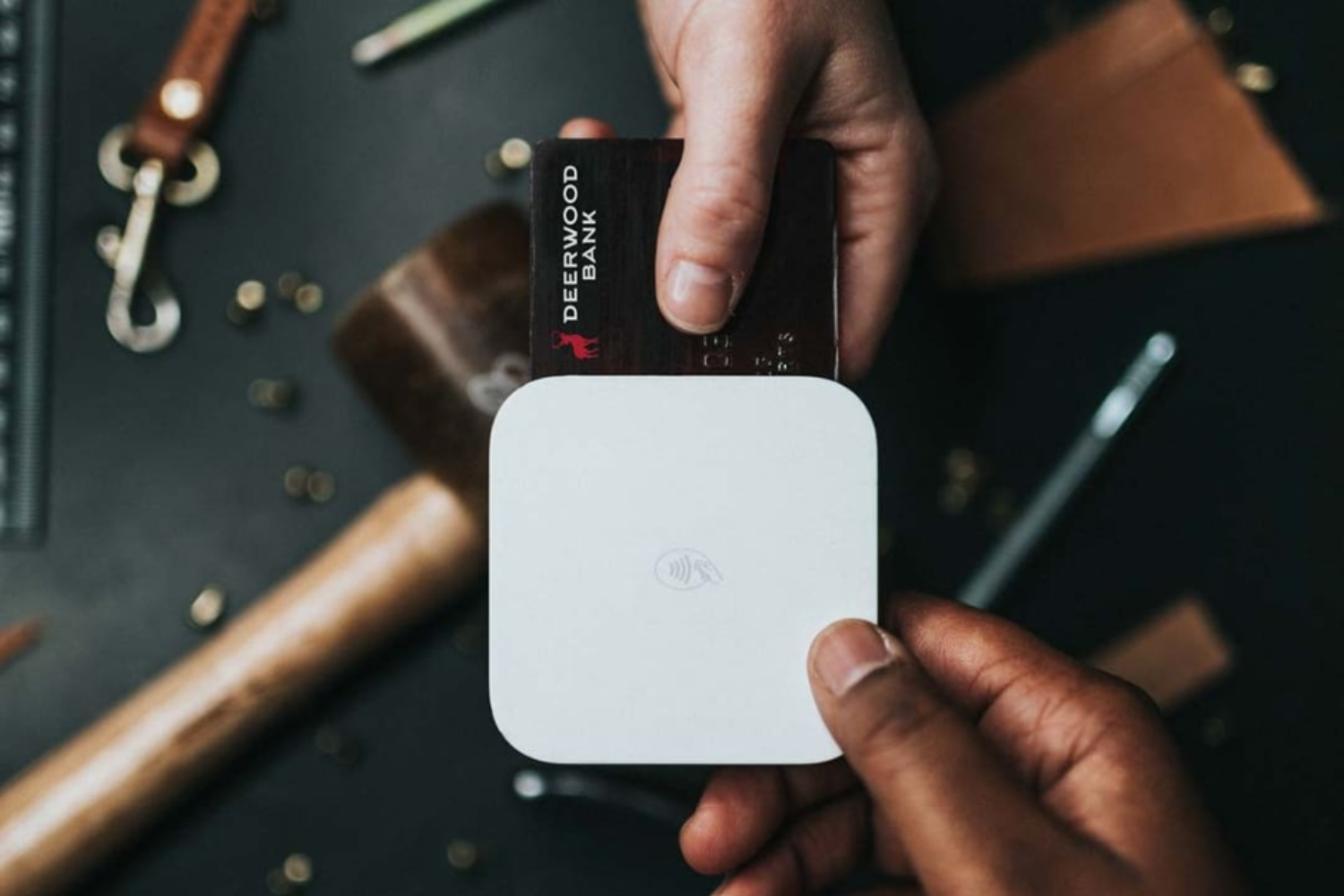If you have been scrolling through news sites and social media for the last few weeks (just like the rest of us), then you are probably well aware that the federal government has approved a stimulus package that involves sending relief checks to millions of Americans. For many, these relief payments will be a helping hand in their effort to stay afloat at this uncertain time.
While this gesture of support from the government will be appreciated by many, it also provides fraudsters with an opportunity to cash in on your payment. The Federal Trade Commission wants to make sure that Americans remain protected against these fraudulent scams, this is why they have released these guidelines below to ensure that your relief payment travels successfully to your bank account:
- You don’t need to do anything. As long as you filed taxes for 2018 and/or 2019, the federal government likely has the information it needs to send you your money. Social Security recipients and railroad retirees who are otherwise not required to file a tax return also do not need to do anything to receive their money. If you otherwise have not filed taxes recently, you may need to submit a simple tax return to get your check. (More on who’s eligible here.)
- Do not give anyone your personal information to “sign-up” for your relief check. There is nothing to sign up for. Anyone calling to ask for your personal information, like your Social Security number, PayPal account, or bank information is a scammer, plain and simple. Also be on the lookout for email phishing scams, where scammers pretend to be from the government and ask for your information as part of the “sign-up” process for the checks.
- To set up direct deposit of your check, communicate only with the IRS at irs.gov/coronavirus. And you only need to do this if you didn’t give the IRS your bank information on your 2018 or 2019 return. In the coming weeks, the IRS will be setting up an online form available through irs.gov/coronavirus. But nowhere else, and never in response to an email, text, or call.
- No one has early access to this money. Anyone that claims to is a scammer. The timeline for this process is not exact, but it looks like funds will start going out in the next few weeks. Scammers are using the lack of detail to try to trick people into giving their personal information and money.
For official updates or for further information, please go to the IRS’s economic impact payment page. To report a scammer trying to take your check, go to http://ftc.gov/complaint.
Stay vigilant out there!





